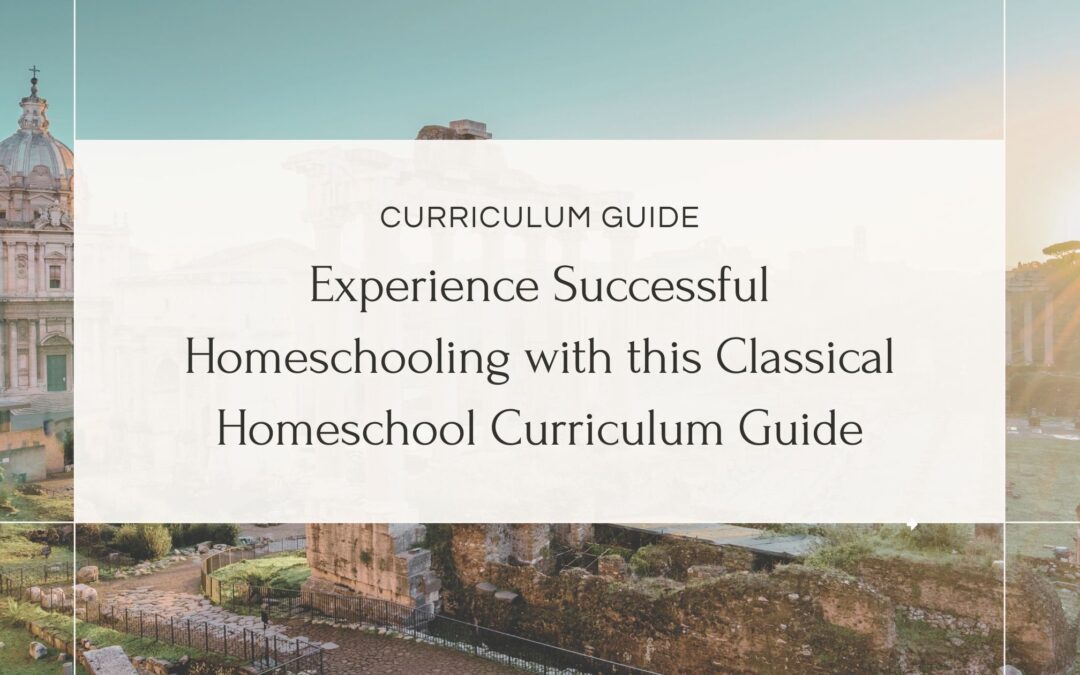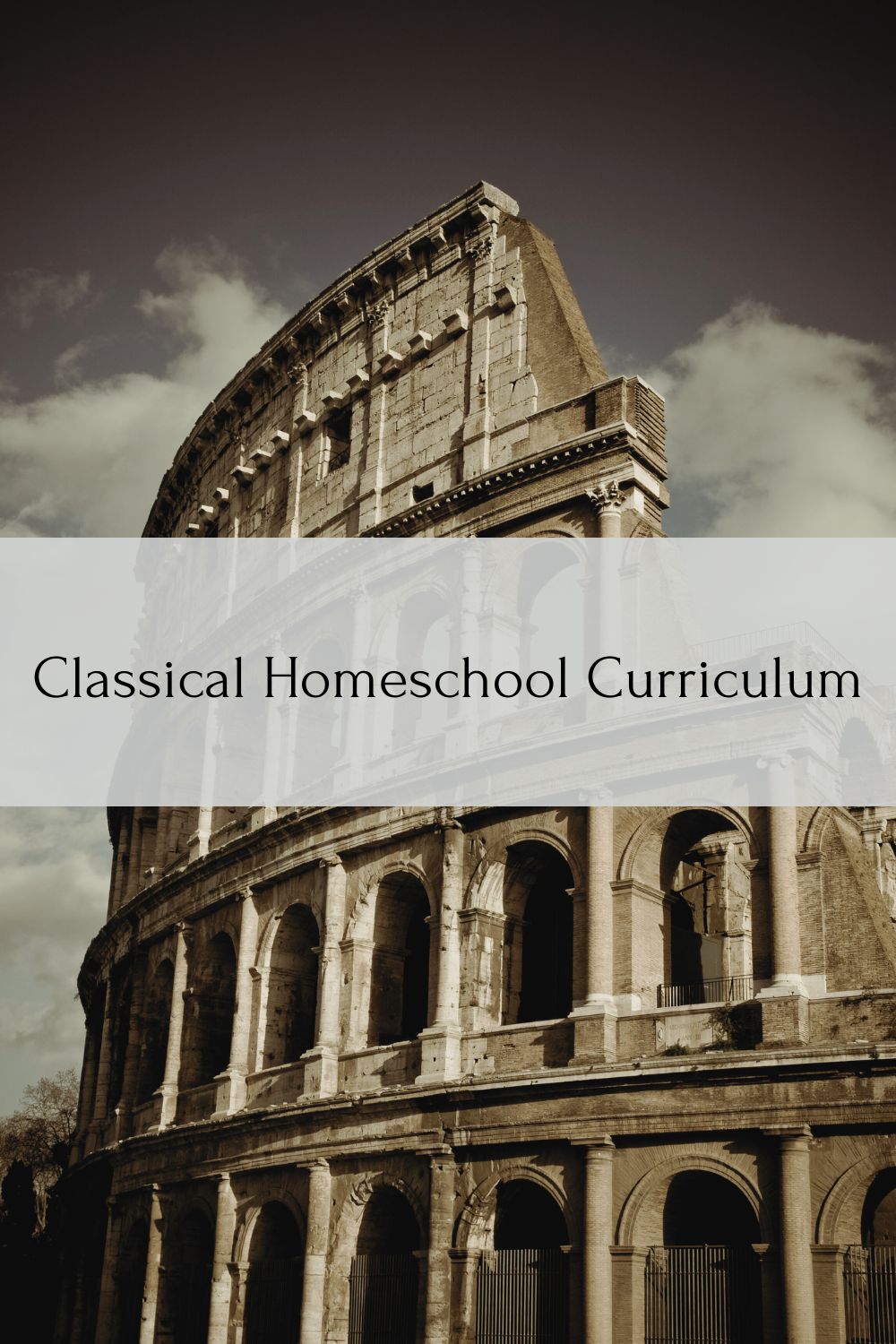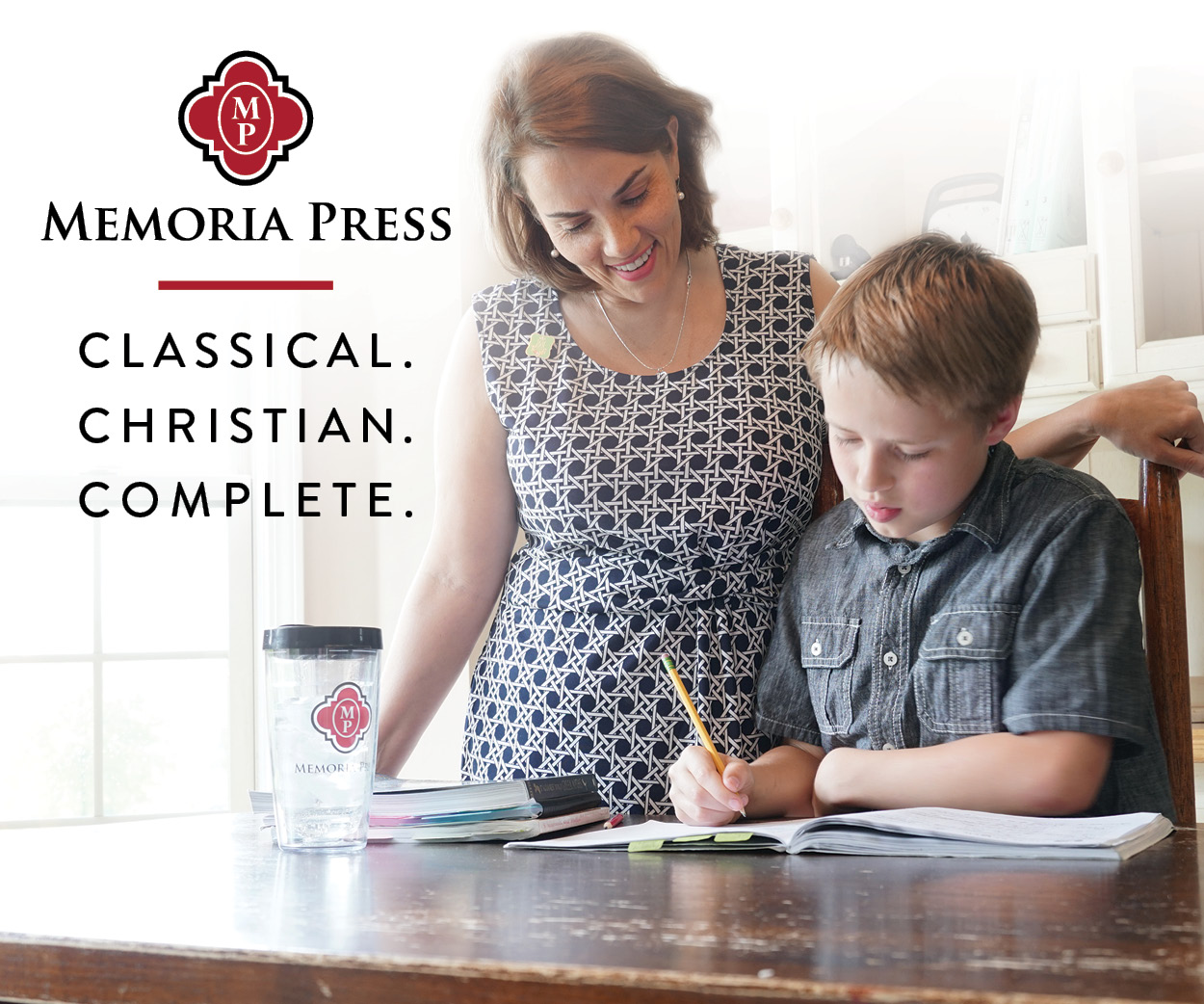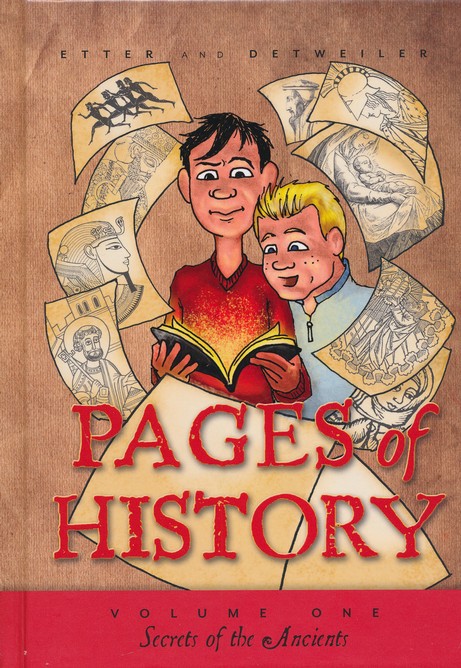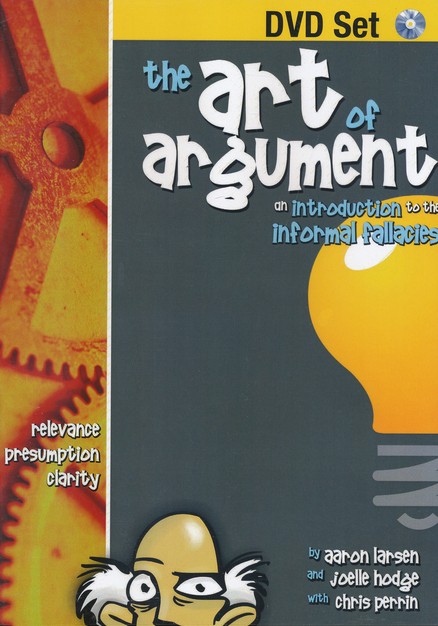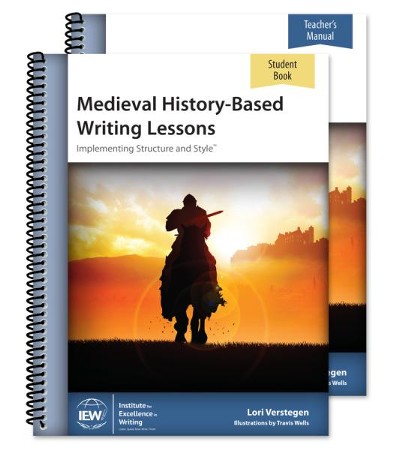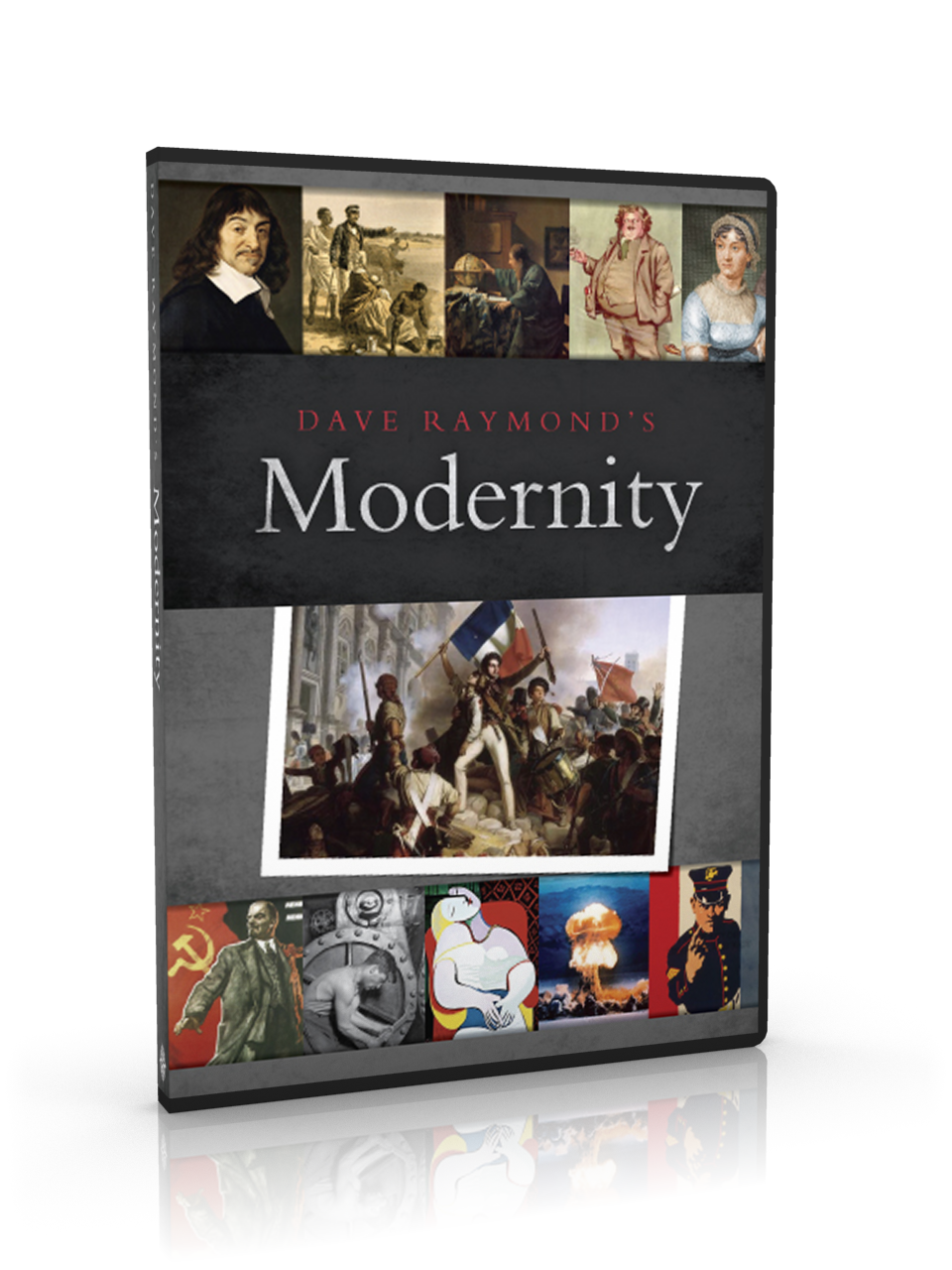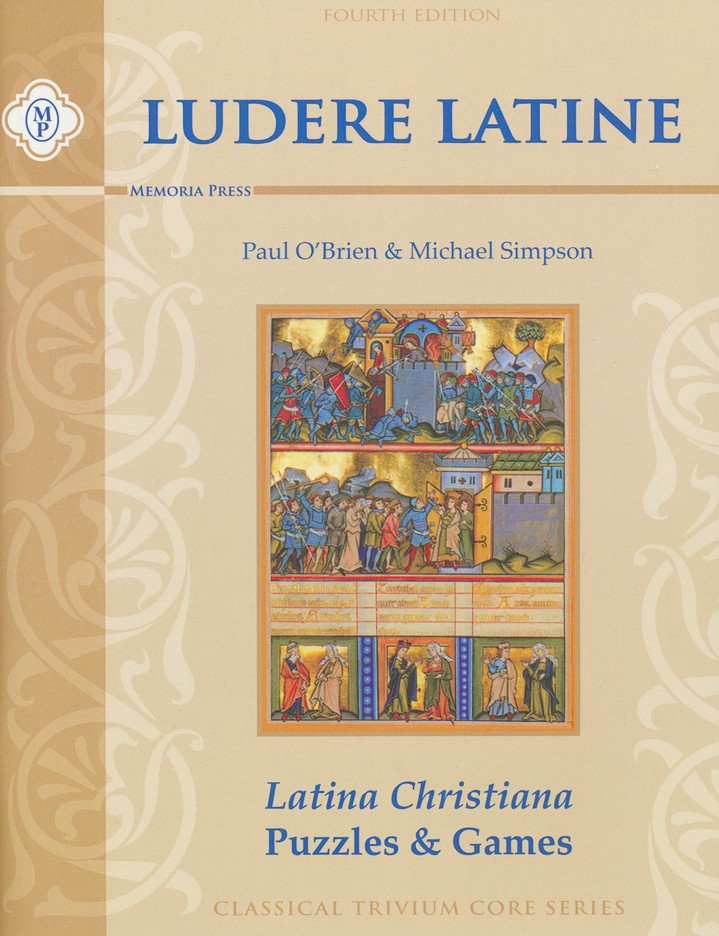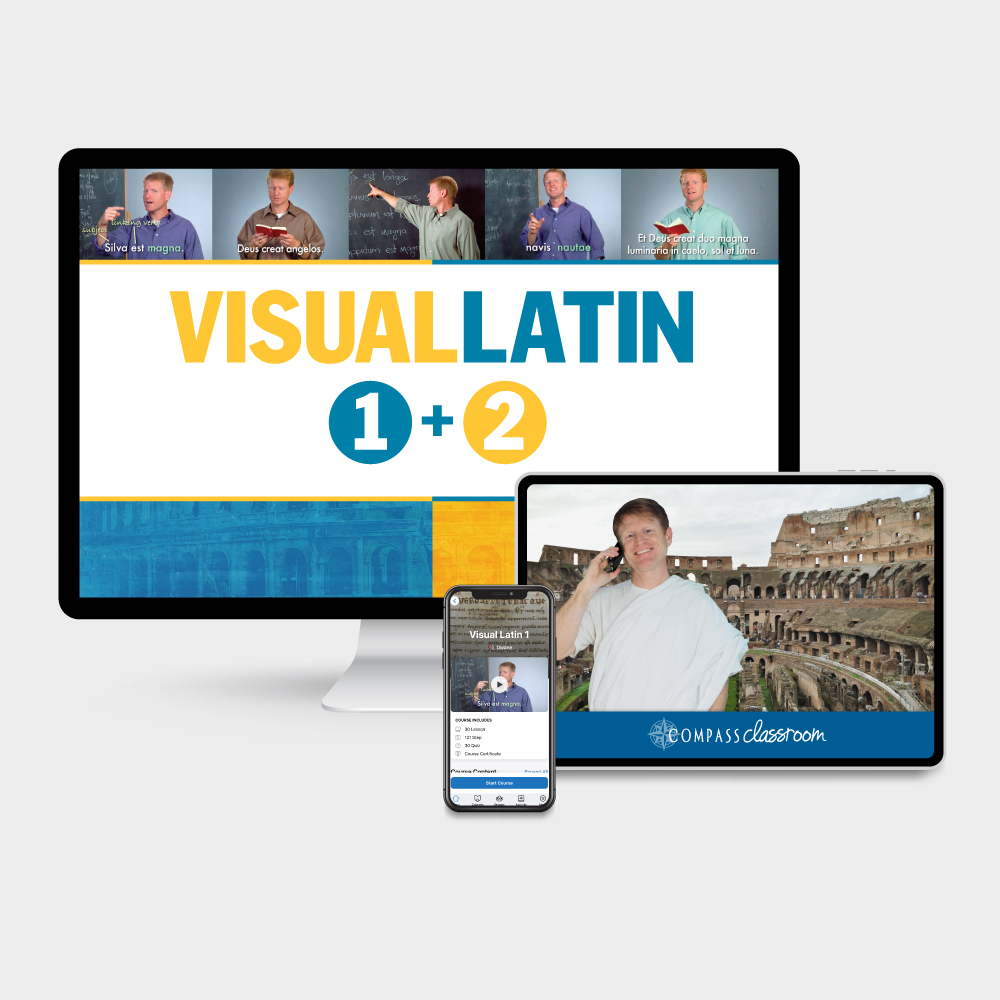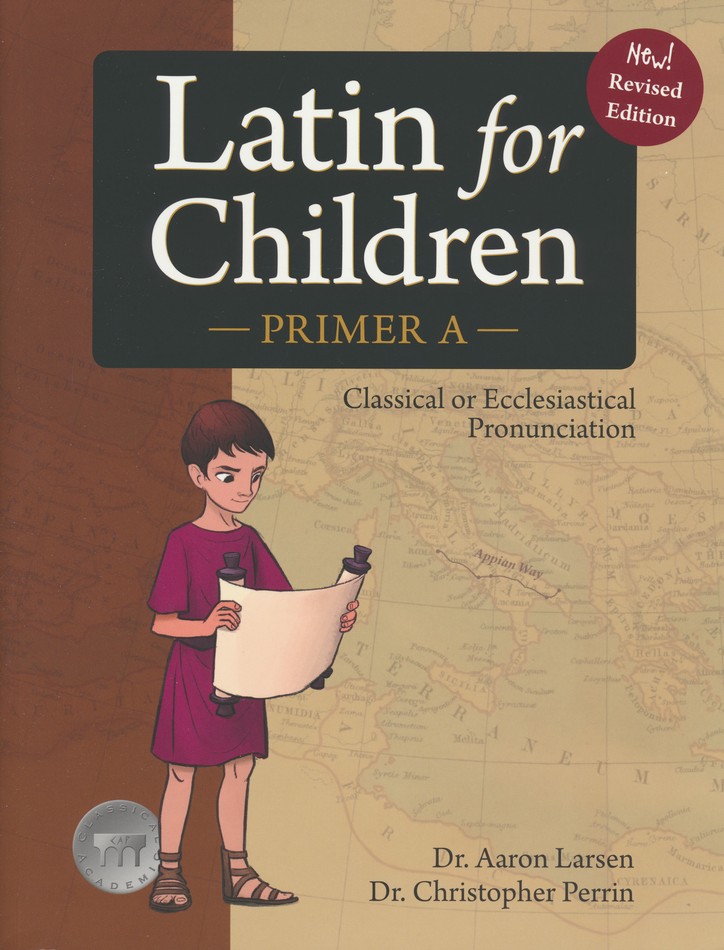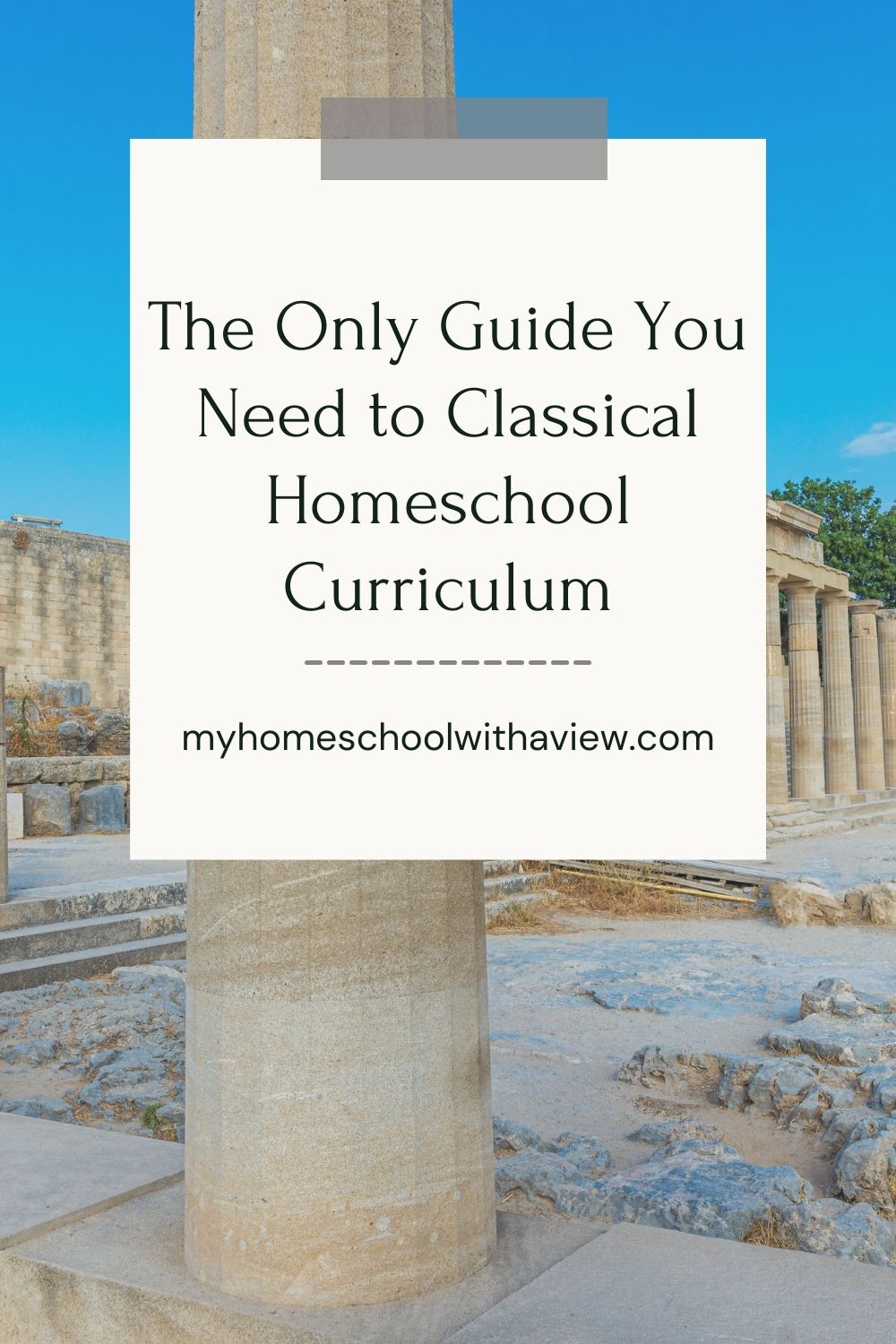This post is all about guiding you through classical homeschool curriculum.
When it comes to homeschool methods, most homeschoolers have at least heard of classical education and have probably looked at classical homeschool curriculum.
I have utilized classical homeschool curriculum in different forms and subjects over the years. In fact, classical homeschool curriculum was what I used when starting my homeschool adventure.
This approach, based on ancient teaching methods, focuses on truth, beauty, and goodness. It uses a structured and rigorous curriculum.
If you want to give your children a deep understanding of the world and strong critical thinking skills, classical homeschool curriculum may be for you.
In this guide, we’ll dive into the details of classical homeschool curriculum. We’ll help you choose the right publishers and navigate the homeschool curriculum market.
This post contains affiliate links and My Homeschool with a View, LLC participates in the Amazon Associates program. If you make a qualifying purchase through our links, we earn a commission at no additional cost to you . Thank you for supporting this site! You can read my affiliate and advertising disclosure here.
Classical Homeschool Curriculum Guide
Understanding Classical Education
Before diving into curriculum choices, it’s crucial to grasp the principles of classical education. At its core, classical education is divided into three stages known as the trivium: grammar, logic, and rhetoric.
- Grammar Stage: In the early years, children are taught the fundamental building blocks of knowledge, focusing on memorization and foundational concepts.
- Logic Stage: During middle school years, students develop logical thinking skills, learning to analyze and critically evaluate information.
- Rhetoric Stage: In high school, students refine their communication abilities, honing skills in persuasive writing and public speaking.
Featured Classical Education Curriculum Publishers
When selecting a classical education homeschool curriculum, it’s essential to choose reputable publishers that align with your educational philosophy. Here are some noteworthy options:
Memoria Press
- Overview: Memoria Press offers a comprehensive classical curriculum with a focus on traditional subjects such as Latin, literature, and classical studies.
- Features:
- Rigorous and structured lesson plans
- Strong emphasis on Latin and classical languages
- Literature studies featuring classical works
- Comprehensive packages for different grade levels
- Website: Memoria Press
Classical Conversations
- Overview: Classical Conversations provides a community-based approach to classical education, emphasizing memory work and Socratic discussions.
- Features:
- Weekly community meetings for support and accountability
- Curriculum that spans all subjects with a classical approach
- Memory work focused on foundational knowledge in grammar, dialectic, and rhetoric stages
- Training and resources for parents and tutors
- Website: Classical Conversations
Veritas Press
- Overview: Veritas Press offers a rich classical curriculum with a strong focus on history, literature, and biblical studies.
- Features:
- Comprehensive history-based curriculum
- Online courses and self-paced options
- Classical education resources for all grade levels
- Emphasis on a Christian worldview
- Website: Veritas Press
Classical Academic Press
- Overview: Classical Academic Press publishes a variety of classical education materials, including Latin, logic, rhetoric, and Bible studies.
- Features:
- Wide range of subjects with classical methods
- Engaging and interactive materials
- Resources for students and teachers
- Online courses and webinars
- Website: Classical Academic Press
Tapestry of Grace
- Overview: Tapestry of Grace is a unit-study approach to classical homeschooling, focusing on history, literature, and biblical studies in a four-year cycle.
- Features:
- Integrates multiple subjects around a historical timeline
- Flexible plans for different learning styles and family needs
- Strong biblical worldview
- Detailed teacher’s notes and guides
- Website: Tapestry of Grace
IEW (Institute for Excellence in Writing)
- Overview: While not exclusively classical, IEW provides rigorous writing programs widely used in classical homeschooling.
- Features:
- Structured writing programs for all grade levels
- Emphasis on developing strong writing skills
- Comprehensive resources for teachers
- Online courses and video instruction
- Website: Institute for Excellence in Writing
The Well-Trained Mind
- Overview: The Well-Trained Mind provides resources and guidance for classical education at home, based on the book by Susan Wise Bauer and Jessie Wise.
- Features:
- Detailed book and curriculum recommendations
- Step-by-step guidance for implementing a classical education
- Resources for all stages of the trivium: grammar, logic, and rhetoric
- Supportive online community and forums
- Website: The Well-Trained Mind
Classical Curriculum Online
Online classical homeschool curriculum offers the flexibility and accessibility of digital learning while adhering to the principles of classical education.
This mode of learning combines the rigorous and structured approach of classical education with the convenience of online resources, making it an ideal choice for many homeschooling families.
Here’s an overview of what online classical homeschool curriculum entails:
Features of Online Classical Homeschool Curriculum
- Interactive Learning: Online platforms often include interactive elements such as videos, quizzes, and discussion forums, which can enhance the learning experience and keep students engaged.
- Comprehensive Coverage: These programs cover the full spectrum of classical education subjects, including Latin, logic, rhetoric, literature, and history, following the trivium model (grammar, logic, and rhetoric stages).
- Flexible Scheduling: Online curriculum allows families to tailor their schedules to fit their needs, making it easier to balance homeschooling with other activities and responsibilities.
- Expert Instruction: Many online programs feature instruction from experienced educators and subject matter experts, providing high-quality teaching that might be difficult to replicate at home.
- Community and Support: Online classical education often includes access to virtual communities, where students can interact with peers and parents can find support and resources.
- Access to Resources: Students have access to a wide range of digital resources, including primary source documents, classical texts, and supplementary materials, enhancing their learning experience.
Recommended Online Classical Curriculum Providers
Compass Classroom
- Overview: Provides a variety of online classical education courses with a focus on interactive and engaging content.
- Features:
- Courses in Latin, history, science, and more.
- Video-based lessons with expert instructors.
- Supplementary materials, quizzes, and interactive exercises.
- Emphasis on a Christian worldview and classical teaching methods.
- Website: Compass Classroom
Memoria Press Online Academy
- Overview: Offers live and self-paced online courses that align with their classical curriculum.
- Features: Courses taught by experienced instructors, interactive sessions, and rigorous academic content.
- Website: Memoria Press Online Academy
Veritas Press Self Paced or Omnibus
- Overview: Provides a robust online classical curriculum with self-paced and live course options.
- Features: Interactive online courses in history, literature, Bible, and Latin, along with comprehensive assessments.
- Website: Veritas Press
Schole’ Academy
- Overview: Classical Academic Press offers Scholé Academy, an online school providing classical education courses.
- Features: Live online classes, a focus on restful learning (Scholé), and courses in subjects like Latin, logic, and classical literature.
- Website: Scholé Academy
Recommended Classical Homeschool Latin Curriculum Programs
Latin is a cornerstone of classical education, developing critical thinking, vocabulary, and an understanding of classical literature and ancient cultures. Here are some top recommended Latin curriculum programs for homeschooling families:
Memoria Press – Latin Curriculum
- Overview: Memoria Press offers a comprehensive and highly structured Latin program designed for students from elementary to high school.
- Features:
- Sequential series starting with “Prima Latina” for beginners and progressing through “Lingua Angelica,” “Latina Christiana,” “First Form Latin,” and beyond.
- Detailed lesson plans, exercises, and quizzes.
- Emphasis on memorization of vocabulary, grammar forms, and translation skills.
- Supplementary materials such as pronunciation CDs and flashcards.
- Website: Memoria Press Latin Curriculum
Visual Latin by Compass Classroom
- Overview: Visual Latin combines video lessons with exercises, making Latin accessible and engaging for students.
- Features:
- Short, engaging video lessons that cover grammar, vocabulary, and translation.
- Worksheets and quizzes to reinforce learning.
- Designed for middle school and high school students.
- Emphasis on understanding and using Latin in context.
- Website: Visual Latin
Classical Academic Press – Latin for Children & Latin Alive!
- Overview: Classical Academic Press offers engaging and effective Latin curricula for different age groups.
- Features:
- “Latin for Children” series for elementary students, designed to be engaging and approachable.
- “Latin Alive!” series for middle and high school students, offering a more rigorous and in-depth study.
- Interactive videos, online practice tools, and student workbooks.
- Focus on grammar, vocabulary, and translation with historical and cultural context.
- Website: Classical Academic Press Latin
Wheelock’s Latin
- Overview: “Wheelock’s Latin” is a widely respected textbook used in many classical education programs, suitable for high school students and beyond.
- Features:
- Comprehensive coverage of Latin grammar and syntax.
- Exercises and readings from classical texts.
- Cultural and historical notes to provide context.
- Accompanying workbooks and supplementary resources available.
- Website: Wheelock’s Latin
Cambridge Latin Course
- Overview: The Cambridge Latin Course offers a narrative-driven approach to learning Latin, suitable for middle and high school students.
- Features:
- Story-based learning with continuous narratives set in ancient Rome.
- Focus on reading comprehension, grammar, and cultural context.
- Online resources, interactive activities, and comprehensive teacher’s guides.
- Gradual introduction to Latin vocabulary and grammar in a natural context.
- Website: Cambridge Latin Course
Frequently Asked Questions (FAQ) about Classical Homeschool Curriculum
Navigating the world of classical homeschool curriculum can raise many questions for parent educators. Here are some frequently asked questions along with their answers to provide clarity and guidance:
1. What distinguishes classical homeschool curriculum from other educational approaches?
Classical homeschool curriculum is characterized by its emphasis on the trivium: grammar, logic, and rhetoric. It focuses on the sequential development of skills and knowledge through stages aligned with a child’s cognitive development. Classical curriculum often includes the study of classical languages, literature, history, and philosophy, fostering critical thinking and a deep understanding of Western civilization’s intellectual heritage.
2. How do I select the right classical homeschool curriculum for my child?
Choosing the right curriculum involves considering your child’s learning style, interests, and educational goals. Look for curriculum providers that align with your family’s values and educational philosophy. Consider factors such as the scope and sequence of the curriculum, teaching methods, and available support resources. Many curriculum providers offer sample materials or placement tests to help assess whether their curriculum is a good fit for your child.
3. Can I customize a classical homeschool curriculum to suit my child’s needs?
Yes, classical homeschool curriculum can be customized to accommodate your child’s unique learning needs and interests. Many curriculum providers offer flexibility in subject selection, pacing, and enrichment activities. Parents can supplement core curriculum materials with additional resources, such as literature selections, hands-on projects, and educational outings, to tailor the learning experience to their child’s strengths and areas of interest.
4. How can I ensure that classical homeschool curriculum meets academic standards and prepares my child for future education?
Classical homeschool curriculum providers often align their materials with academic standards and benchmarks. Additionally, curriculum providers may offer assessment tools, such as quizzes, tests, and grading rubrics, to evaluate student progress and mastery of content. Parents can also monitor their child’s academic growth through observation, discussions, and portfolio assessments. Many classical homeschool graduates successfully transition to higher education institutions, demonstrating the effectiveness of classical education in preparing students for future academic pursuits.
5. Is classical homeschool curriculum suitable for children with special educational needs or learning differences?
Yes, classical homeschool curriculum can be adapted to accommodate children with special educational needs or learning differences. Parents can modify teaching methods, adjust pacing, and provide additional support to meet their child’s unique needs. Some curriculum providers offer specialized materials or adaptations for children with learning differences, while others provide guidance on modifying curriculum materials to suit individual learning styles. Homeschooling offers the flexibility to tailor education to each child’s strengths and challenges, making classical curriculum accessible to a wide range of learners.
6. How can I assess the quality and effectiveness of classical homeschool curriculum materials?
When evaluating classical homeschool curriculum materials, consider factors such as academic rigor, clarity of instruction, alignment with educational standards, and engagement of content. Look for curriculum reviews, testimonials from other homeschooling families, and recommendations from educational experts. Many curriculum providers offer sample materials or trial periods, allowing parents to preview curriculum materials before making a purchase. Additionally, seek out curriculum fairs, homeschooling conferences, and online forums where you can explore curriculum options and gather feedback from experienced homeschoolers.

